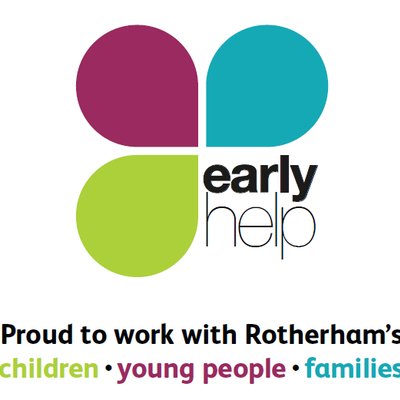
The Facts
If you drink heavily (more than two units a day) most days, or every day, you are at risk of physical or psychological dependence, sometimes called alcoholism. If you find yourself drinking because you have problems, or getting drunk even when you plan not to, alcohol could be a problem for you.
If you are below the age of 17, you should never exceed recommended adult daily limits and on days when you do drink your consumption should usually be below such levels.
Follow some basic guidelines:
- Stay within the recommended limits, usually 3-4 units for adult men, and 2-3 units for adult women, and have at least 2 alcohol free days a week. However, lots of things can affect the safe limit, e.g. being small, young, ill, tired or hungry.
There are some circumstances when you shouldn't drink at all. The most important are:
- if you are driving
- if you are pregnant, or think you might be pregnant
- if you are working or studying
For some people, any amount of drink makes them feel ill or uncomfortable. It's a bit like an allergy. These people usually choose not to drink at all.
Risks of Alcohol
- Alcohol poisoning: Drink too much, too quickly, and alcohol can poison you, slowing down brain and bodily functions, until you lose consciousness. An increasing amount of young people under the age of 15 are needing emergency treatment for alcohol poisoning each year in the UK.
- Alcohol-related injuries: Being drunk makes you more likely to have an accident or get into a fight, and less likely to be able to help yourself (or get help). You may do or say very stupid, hurtful or dangerous things, and you may not be able to remember what you did later. Drunkenness is associated with an increased risk from drowning, falls, assaults and road accidents.
- Throwing up and passing out: If you get very drunk, you may vomit, collapse, lose consciousness, or all three. You may injure yourself when you collapse, and if you pass out drunk you are in serious danger of choking to death on your own vomit, unless someone helps you.
How to Say No
It’s OK to say no, or ‘I don’t like it’ but other excuses could be:
- I'm on antibiotics
- Someone will be up when I get home ‘Ill get done’
- I'm at school/college/work placement in the morning
- I’ve got to get up to look after….?
If you are going to drink:
- Drink slowly, or alternate alcohol with soft drinks
- Eat a meal before drinking
- Leave the bottles or cans in the kitchen if you are drinking indoors
- Know your units, count them, choose a limit and stick to it.
- Don’t drink in rounds
- Always know how you're getting home
- Don't drive or accept lifts from strangers
- Drink a glass of water and sit up for a bit before you go to bed
- Have an alcohol drink first and go on soft drinks… you will get the initial ‘effect’ but not the hangover!!
Further Help and Support
Call it a Night - Rotherham’s main source of advice, information and resources for young people on Alcohol.
Drink Aware - Drinks calculator, unit counter, calorie counter and more.
Down Your Drink - Find out if you are drinking too much.
Talk to Frank - The government drugs education site includes information about alcohol.
Rise Above - This website tackles topics such as puberty, relationships, alcohol, self-harm, smoking, contraception, drugs, body confidence, peer pressure and mental health.

